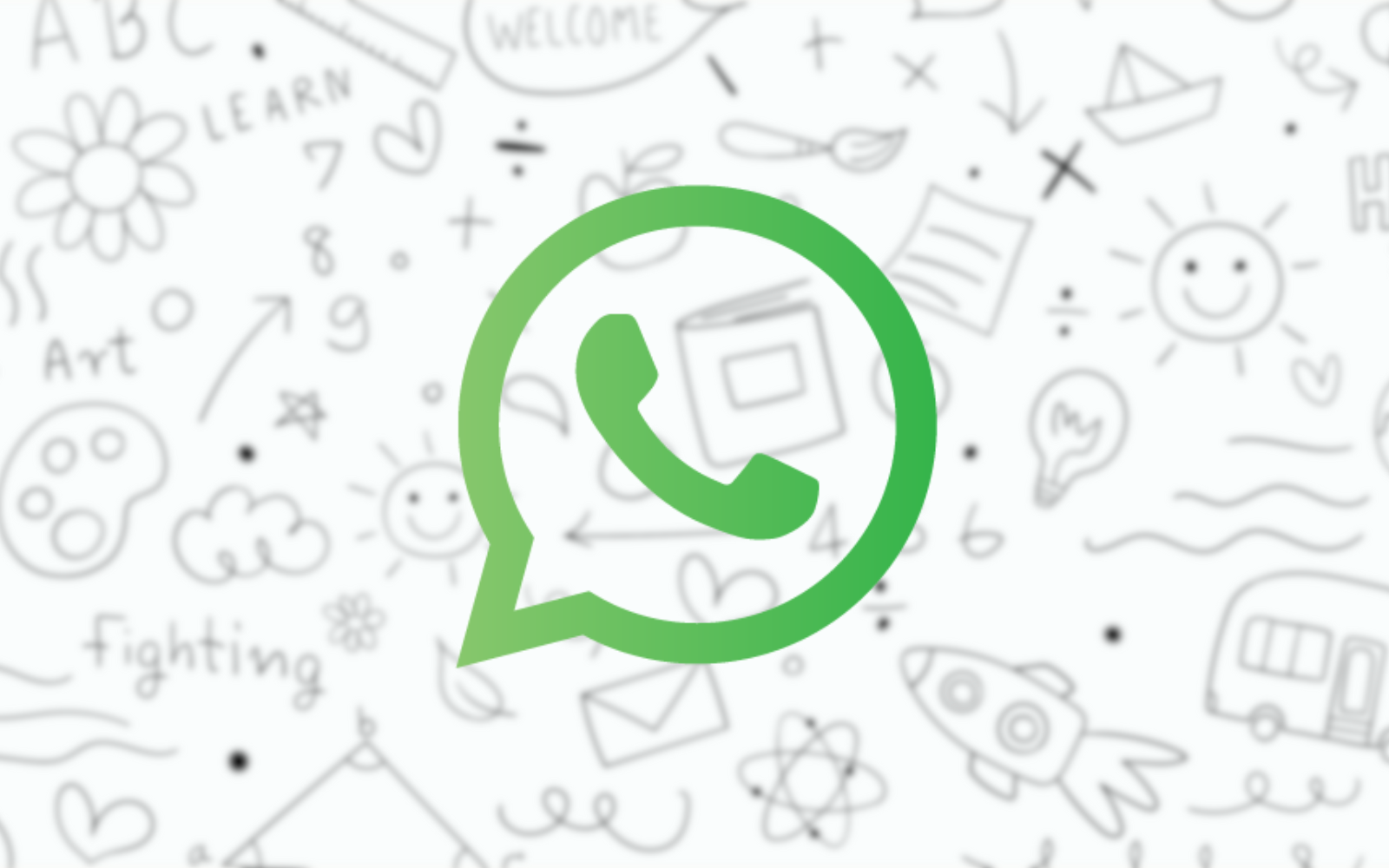The gears never stop spinning over at Meta HQ, and more specifically, WhatsApp. There’s always some new update in the works, usually reported on by the folks at WABetaInfo. You may not like all of those (Meta AI, anyone?), but occasionally, it returns to form with some necessary security update. You can see where we’re going with this, right?
First spotted by WABetaInfo in a recent WhatsApp iOS beta (before it later turned up in the Android beta), WhatsApp is busying itself with something it calls an “advanced chat privacy” toggle. This lets users dictate whether they want friends or family exporting their private or group chats willy-nilly. It makes sense. A conversation over the internet takes two to tango. It’s only fair that it should take two to export, as well.
For the security-conscious
“This would add a new layer of privacy and security to chats, ensuring that sensitive content stays within the app and giving users greater confidence that their conversations won’t be easily shared or stored without their consent,” said WABetaInfo.
The ‘advanced chat privacy’ toggle can be applied to both one-on-one chats and group chats. We should note that this will not affect all your ongoing chats and can be handled on a per-chat basis at the behest of each user. Toggling the feature on for friend #1 will mean that neither you nor that friend can export the existing and future chat, while other contacts will remain free to take the chat elsewhere.
Read More: You can now send images and voice notes to ChatGPT via WhatsApp, even in SA
Turning the feature on will also disable automatic media downloads for anyone involved, as well as inform all parties (assuming it’s a group chat) of the changes to the chat. While the feature will certainly discourage certain bad actors from doing whatever they might with an exported chat, it doesn’t stop the end user from forwarding messages or screenshotting the entire conversation, which slows the user down but does not resolve the issue.
There’s no official word from WhatsApp when we might expect the feature to roll out more widely, but we imagine it won’t be too long. The messenger typically only beta tests new features that are nearing completion, test-driving it on those who are currently enrolled in its respective beta programmes (Android/iOS). Expect an update in the next few weeks.
Source
Crédito: Link de origem



Comments are closed.